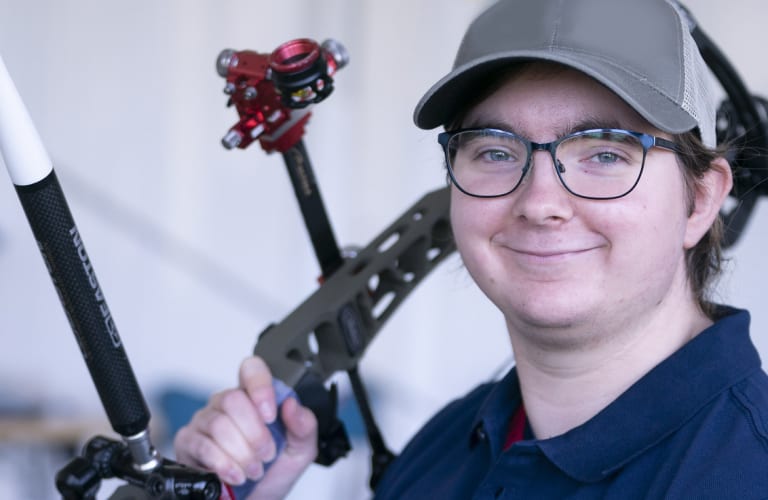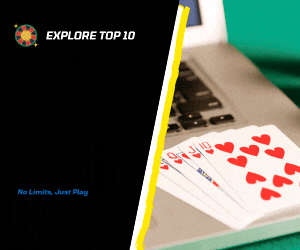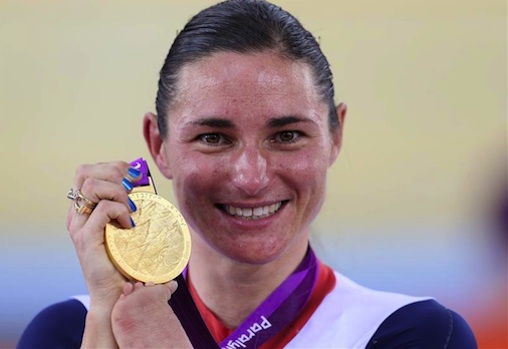Para archery
Why My Book is the Only Thing That Truly Matters

I first got involved in archery after the London 2012 Paralympic Games at the age of 12. It was a time of significant change in my life, as I had just transitioned into my first wheelchair. I found myself grappling with the new challenges that came with this change, and I was not coping particularly well. It was then that a schoolteacher recommended I attend an activity weekend run by Wheelpower, the national charity for wheelchair sport.
At that event, I initially tried wheelchair racing, which I absolutely loved. My mum had to practically pull me away when it was time to try archery for the first time. However, the moment the coach placed the bow in my hands and I shot my first end, something clicked inside me. The satisfying ‘thwack’ as the arrow hit the target resonated with me, and I realised I had found my sport. Just months later, I received a letter from Archery GB inviting me to a training camp, marking the official start of my journey in archery.
Finding My Place in Sport
Surprisingly, I don’t consider myself a sports fanatic—an unusual statement for someone competing at a high level. However, I possess an intense competitive spirit, a trait that was sharpened by growing up alongside my twin sister, Amelia. Archery captivated me because it didn’t require an overwhelming burst of energy; I could shoot at my own pace, taking time to focus on each arrow. This tranquil sport provided camaraderie and encouragement, an environment where perseverance was celebrated rather than performance scrutinised.
Without archery, I would likely not be involved in sport at all. I firmly believe there’s a sport for everyone; you just need to discover what suits you. I consider myself one of the fortunate ones who found that perfect match. My training is now part of my life, but I also think about what comes after sport. Archery GB encourages us to reflect on our futures, recognising that injuries can change everything in an instant. Recently, I completed a proofreading course as a contingency plan. Ultimately, I aspire to become a librarian, with proofreading as a secondary pursuit. Yes, sport is my focus now, but I also believe in nurturing all my passions, and that balance is crucial.
Beyond the Archery Range
The world of disability sports may be competitive, but it also fosters a unique sense of community. Each competition is charged with emotion, highlighted by remarkable performances that often defy expectations. Just witnessing athletes like Jodie Grinham and her stunning silver medal at Tokyo 2020 sends shivers down your spine. Few realise that archery encompasses a range of disciplines and classifications, skillfully representing both physical and visual impairments. From compound to recurve bows, there’s something for every athlete’s skill set, and the diversity of competition makes it all the more exciting.
The classification system in archery is intricate yet fascinating, allowing athletes to compete on a level playing field. Understanding each athlete’s classification is vital, as it encapsulates their individual journey. Paralympic archers can compete in various categories, including those with physical disabilities, limb impairments, and visual impairments. Each classification offers an opportunity for athletes to showcase their talent, creating a rich tapestry of competition that captivates fans worldwide.
As I shoot arrows towards the target, I often reflect on that invaluable advice from my schoolteacher—suggesting I step outside my comfort zone and explore the world of adaptive sports. It feels significant to know that my journey is not just about personal gains or accolades but rather the community aspect that underpins disability sports. In every competition, every event, the athletes foster a spirit of togetherness; we understand the trials and triumphs faced by one another, weaving a narrative of resilience and empowerment.
My Future
With each passing competition, my focus sharpens, and my passion grows. The excitement of the upcoming Paralympics, set to take place in Paris in 2024, fuels my ambition. This event, which will showcase the world’s finest adaptive athletes, brings with it both a challenge and an opportunity. When I think of competitors pushing the boundaries of what is possible, it inspires me to set lofty goals for myself. Training is no longer just about improving my technique; it’s about embodying the very essence of the sport.
Nothing else matters for me, apart from my bow, arrows, and perhaps a good book nestled close by. As I prepare for the trials ahead, I carry the knowledge that I am not alone; there’s a vibrant community of athletes each with their own story, as passionate and driven as I am, ready to rise to the occasion. Guided by my competitive spirit and the collective support of my fellow athletes, I truly believe that the best is yet to come.




































